Democracy Problems in Nigeria
Nigeria practices a democratic system of government. As most people say, the Government of the people by the people and for the people. Nigeria is twenty years long in the practice of the governance of her people.
There are good prospects for democracy in Nigeria but the numerous challenges affecting the governance are the major drawbacks. Factors ranging from political instability, corruption, electoral malpractices, and a lack of transparency and accountability are part of the issues affecting the success of democracy in Nigeria.
The challenges are the subject of our discussion in this post. We will explore the problems of democracy in Nigeria and provide insights into the possible solutions to address these challenges.
Also, check out National Consciousness Promotion in Nigeria.
Advertisement
What is Democracy?
The definition of democracy is simple: the layman can get a grasp of what it entails. The government of the people by the people for the people. The common definition you will hear from the majority of Nigerians, especially the layman.
Without complicating things, democracy simply means people hold power. The citizens have a say in who will lead the country and anyone has the right to get elected into power. Furthermore, democracy gives people the ability to air their opinions freely and hold the government accountable.
History of Democracy in Nigeria
The path to democracy in Nigeria has been long and difficult, marked by periods of military dictatorship, political turmoil, and economic hardship. The progression of democracy in Nigeria is outlined below:
Independence
Nigeria attained independence from British colonial authority in 1960, and a democratic government based on the US model was put in place. Early Democracy (1960-1966):
After Nigeria’s independence from British colonial rule in 1960. Despite this, the nation’s early democracy was fleeting since a military coup in 1966 led to the constitution being suspended and the creation of a military government.
Advertisement
Military Regime
Nigeria was under military rule from 1966 to 1979, which resulted in restrictions on civil rights, restrictions on press freedom, and the imprisonment and jailing of political opponents. Ethnic conflict, extensive corruption, and poor economic management characterized the period.
Second Republic (1979–1983): In 1979, the Second Republic was established, bringing democracy back to Nigeria.
The new government was headed by President Shehu Shagari, who pledged to bring back political stability and economic growth. Nevertheless, due to corruption and incompetence, his government was overthrown in a military coup in 1983.
Following the 1983 coup, Nigeria was once again under military rule, which lasted until 1999. During this period, rising authoritarianism, abuses of human rights, and economic stagnation were the order of the day. But, when the military regime ended, there were growing demands for political reform and expanded civil liberties.
Fourth Republic (1999-present)
Olusegun Obasanjo’s victory as president in 1999 marked the restoration of democracy in Nigeria. The political and economic reforms carried out by Obasanjo’s government were aimed at reducing corruption and enhancing good governance.
Since then, Nigeria has hosted several democratic elections and made significant strides in terms of political stability, economic expansion, and social development. Nigeria, on the other hand, is still dealing with serious problems including political instability, insecurity, and corruption.
Also, check out All You Need to Know about Citizenship Education.
Advantages of Democracy
Why do people desire a democratic system of government? The answer is embedded in the benefits of democracy. The advantages of democracy are as follows:
Protection of human rights
The people are not conceited about a democratic government. Consequently, upholding the fundamental rights of the people is paramount in a democracy.
Equal representation
Individual differences that can create bias have no play in a democratic government. Everyone has the chance to participate regardless of their social status, education, ethnicity, or political affiliation.
A peaceful transfer of power
The transition of power is easy and follows a procedure. A forceful takeover is not an integral part of democracy. The exchange of power in a democracy happens after the election.
Economic growth
Investment, innovation, and entrepreneurship flourish in a democratic environment. A democratic environment is an enabling environment as there is a separation of powers.
Protection of civil liberties
Democracy gives room for liberalism. Civil liberties along with the rights of the people are given thought when developing government policies. The policies aim to protect and uphold the civil liberties of the citizens.
Transparency and accountability
Citizens can hold their leaders accountable for their actions under democracy, which promotes transparency and accountability in government.
International cooperation
Democracies open doors for international collaboration. Cooperation between these countries is essential on issues of mutual concern, like trade, climate change, and human rights.
Problems of Democracy in Nigeria
Evident challenges are rocking king the boat of democracy in Nigeria. These challenges make it so that the practice of democracy is not at its full potential in Nigeria. The faith of the citizens has reduced as they can not enjoy the prospects of true democracy.
We can say with some certainty that true democracy is neither practiced nor enjoyed by citizens. In Nigeria, democracy faces the following challenges:
Electoral Malpractices
In Nigeria, the electoral system is in shambles as it is marred with electoral fraud. Elections are one of the major components of democracy. The electorate is facing challenges that prevent them from enjoying the dividends of democracy.
Vote buying, deliberate disenfranchisement, and rigging are among the challenges facing the election process. Consequently, people are subdued in their choice.
Corruption
Corruption has its roots in Nigeria and this affects the democratic system negatively. Politicians bypass the law and engage in corrupt practices without regard for the rule of law. However, the electorates are guilty as they aid and abet the politicians.
Also, they engage in corrupt practices together with the leaders of the country. All these activities undermine the growth and flourishing of a democratic government.
Ethno-religious conflicts
Nigeria is a diverse country with different ethnic and religious groups, and these differences have sometimes led to conflicts and tensions, particularly during elections. This has sometimes led to violence and a breakdown of law and order.
Weak institutions
The reliability and effectiveness of institutions that are intended to support Nigeria’s democratic system, such as the courts, police, and electoral commission, are routinely questioned.
The citizens have less faith in these support systems as they are comprised. Consequently, the people do not participate actively and the bad leaders have their say most of the time.
Political instability
Nigeria has had several instances of political turmoil causing a setback in the progress of democracy. Political instability breeds divisions in government, a factor that makes governance of a country difficult. In Nigeria, the key issues affecting the country become a tool to display politricks making democracy undesirable.
Inadequate provision of social services
Every citizen should enjoy the dividends of democracy. However, the reverse is the case in Nigeria. The citizens lack access to basic social amenities like healthcare, and education despite the vast wealth of the nation.
The elites in the government are selfish and greedy. As a result, many are disappointed and have lost trust in the democratic process.
Conclusion
Nigeria, like many other democratic nations, experiences several challenges and problems in maintaining democratic norms and ensuring that all of its inhabitants have equal access to representation and opportunity.
Corruption, political violence, electoral fraud, and religious and ethnic disputes are only a few of the key issues. Notwithstanding these challenges, numerous hopeful improvements have lately happened, including the peaceful transition of power in 2015 and an increase in the number of women and young people active in politics.
To address these concerns and build a more robust, inclusive democracy in the future, the government, civil society, and Nigerians must all work together.
Before you go, check out National Security Problems and Solutions.
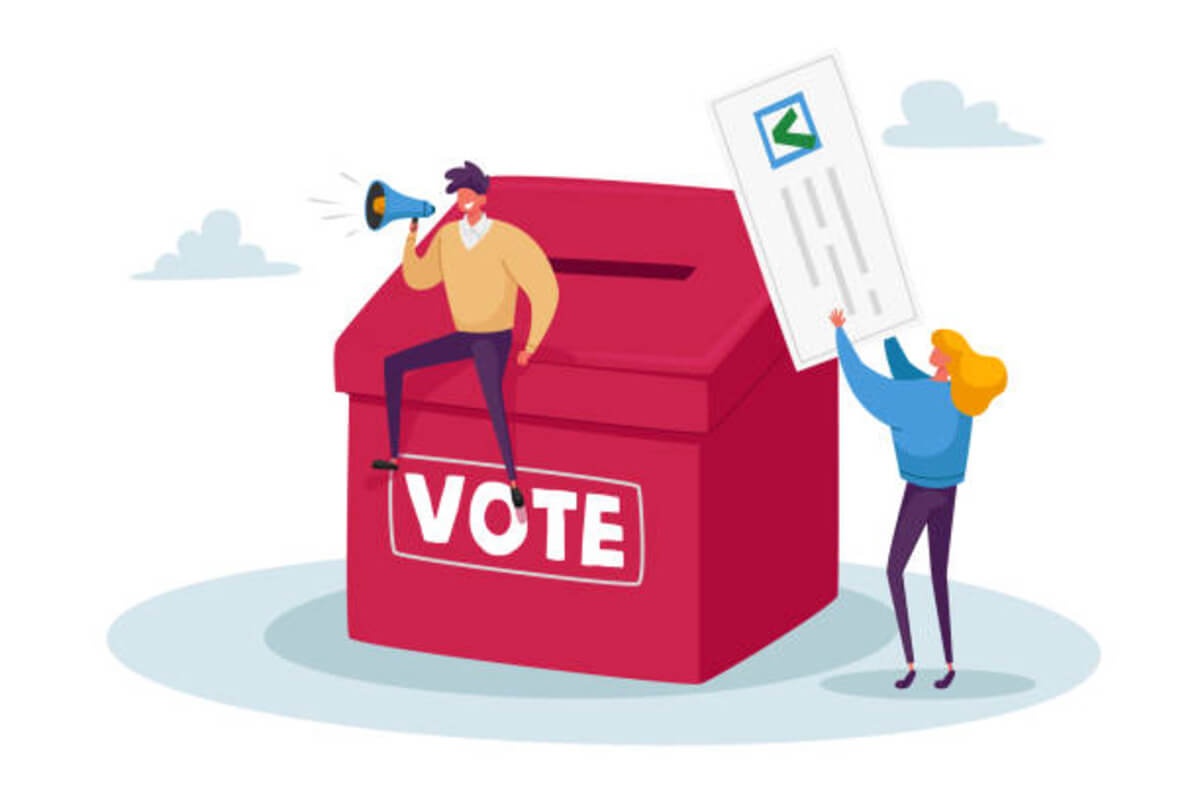
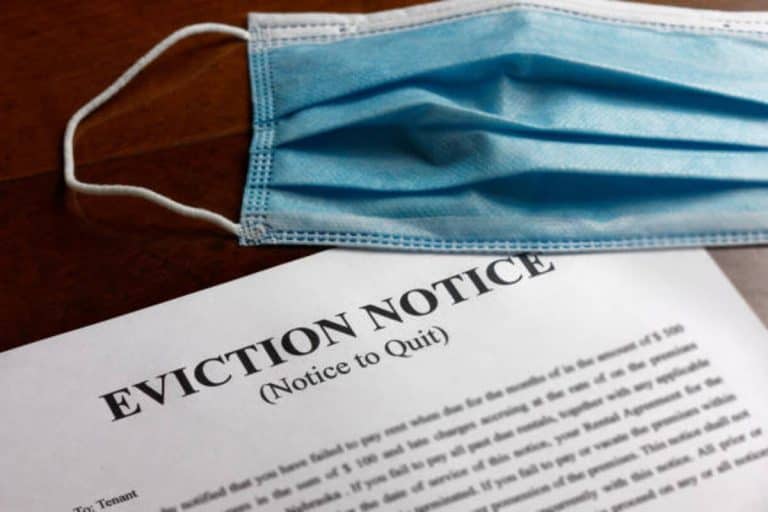
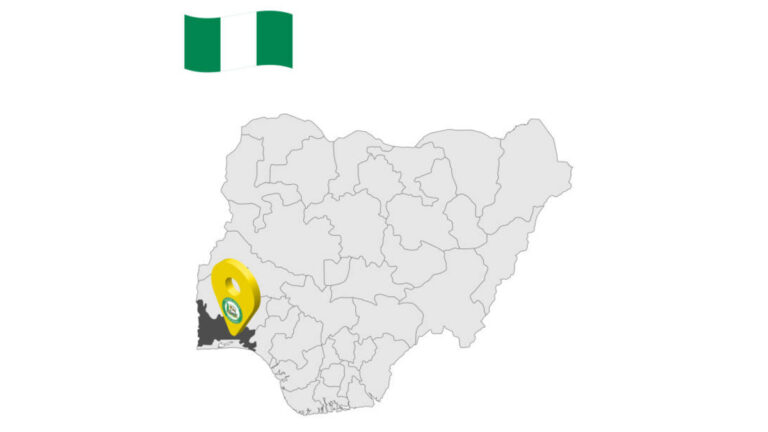
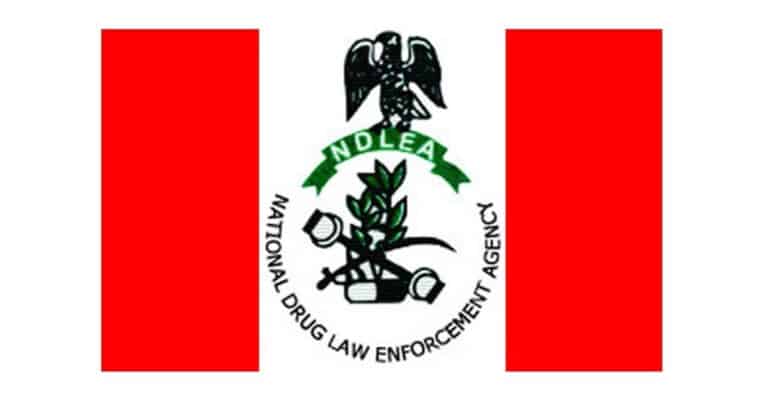
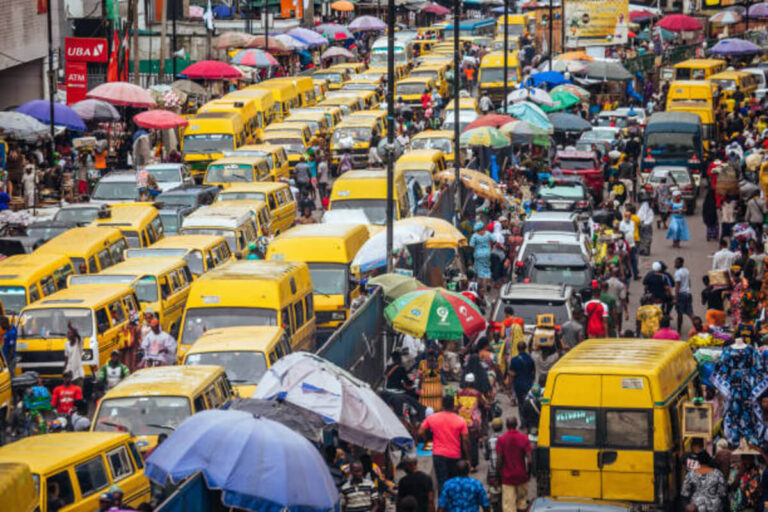

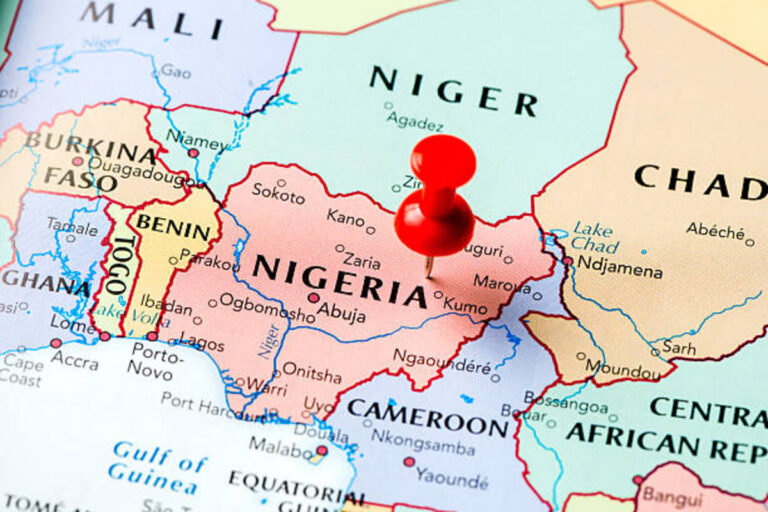
One Comment
Comments are closed.